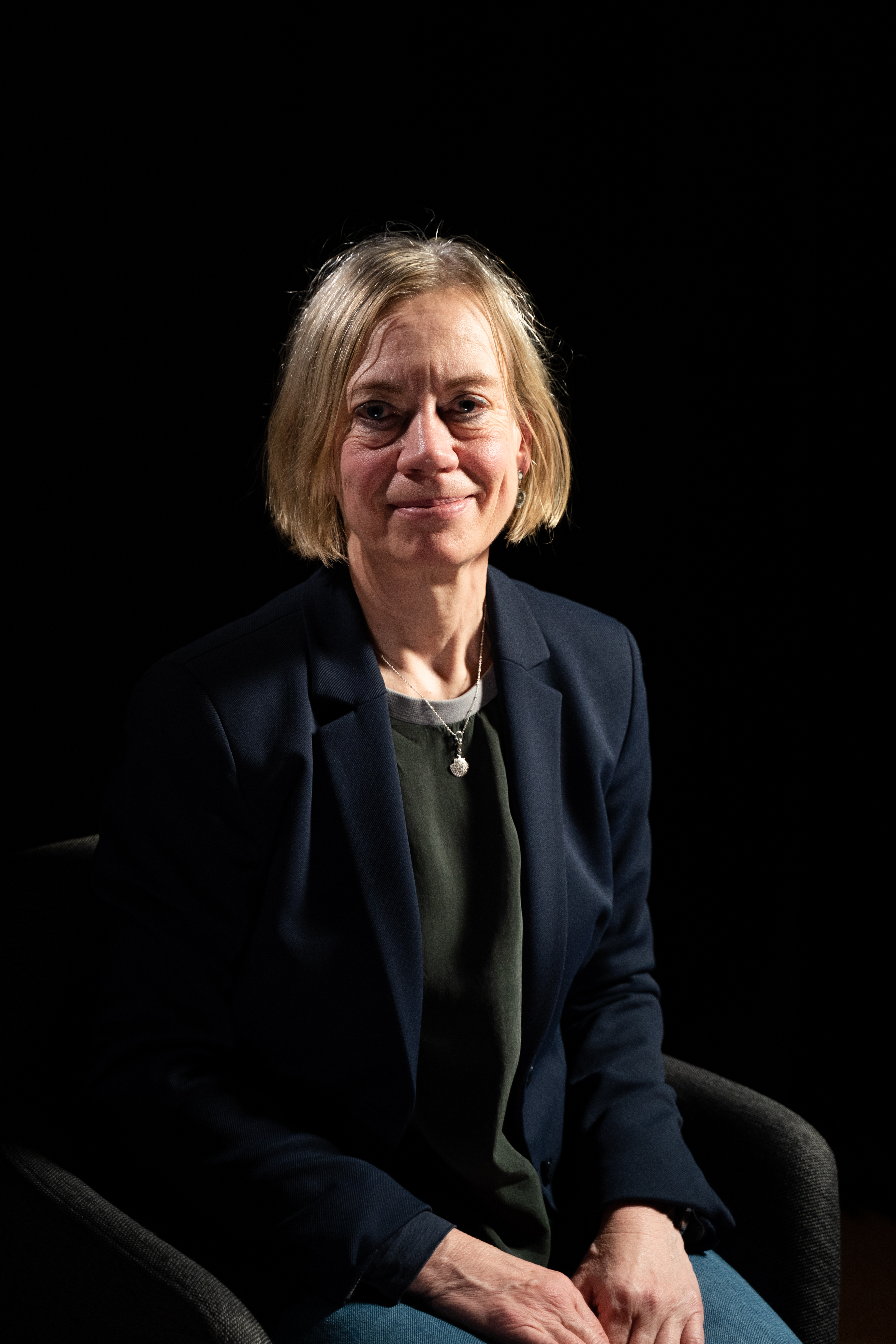A family of victims and perpetrators

Stáhnout obrázek
Christine Bücher was born in 1959 in Linnich in North Rhine-Westphalia. Her father was born in 1918 and worked as a paramedic in various military hospitals during the war. He also survived the bombing of his hometown Jülich. His younger brother Hubert however was drafted and sent to the Eastern front where he was wounded and lost a leg. After the war, he married Margot Prüfke. Her mother, Elfriede Prüfke, had been persecuted as “half-Jew” during the Nazi regime. Elfriede Prüfke’s mother was deported to Theresienstadt, her sister Luise Totenkopf was murdered in Auschwitz and Elfriede Prüfke herself was deported to a small concentration camp in Elben, near Kassel, where she was forced to work. In this camp mainly Jewish women were imprisoned who had married non-Jewish men, like Elfriede Prüfke did. These women managed to avoid the death march shortly before the end of the war and were subsequently freed by American soldiers. Elfriede Prüfke was able to return to her husband and children and later converted to Judaism.

